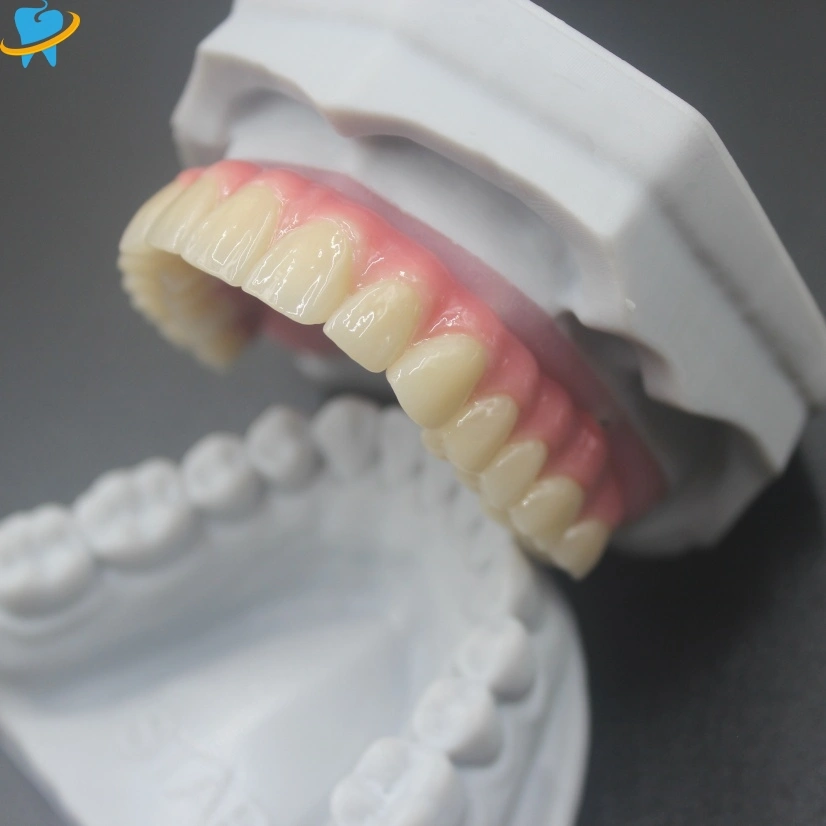Porcelain Crowns, Full Crowns and Dental Implants: A Guide to Dental Practice Suppliers
 Jun 04,2025
Jun 04,2025

 Star Dental Lab
Star Dental Lab
As a trusted dental supplier, you play a vital role in helping dental practices choose the best restorative options for their patients. Learn the differences between porcelain fused to metal (PFM) crowns, full coverage crowns and dental implants to ensure you can provide the right products for your practice’s needs.
Porcelain fused to metal (PFM) crowns – a cost-effective solution
What are porcelain crowns?
Porcelain fused to metal crowns consist of a metal alloy base and a layer of tooth-colored porcelain. They are a popular choice for durability and aesthetics.
Key benefits for dental practices:
Affordable – lower cost than full-ceramic crowns, ideal for budget-conscious patients.
Strong and durable – metal bases have a high structural strength, reducing the risk of fracture.
Improved aesthetics – better than full metal crowns and suitable for visible teeth.
Best applications:
Posterior teeth (molars and premolars) where strength is critical.
Patients who need an affordable solution with acceptable aesthetics.
Cases where slight metal visibility at the gum line is not affected.
Why choose porcelain crowns?
- Affordable price and high demand.
- Reliable performance in functional areas.
- Easy to fabricate in the lab, ensuring fast delivery in the clinic.
Full Coverage Crowns (All-Ceramic and Zirconia) – Superior esthetics and strength
What is a full crown?
A full crown completely covers the damaged tooth and is made of:
All-ceramic (e.g. Emax, lithium disilicate) – Best for natural-looking anterior restorations.
Zirconia – Extra strong, suitable for molars and high-stress areas.
Key benefits for dental clinics:
Excellent esthetics – Metal-free, perfect for incisors and smile areas.
High strength – Zirconia crowns are virtually unbreakable, reducing rework.
Biocompatible – No metal allergies, ideal for sensitive patients.
Best applications:
- Anterior teeth where esthetics are important.
- Patients with bruxism who need a long-lasting restoration.
- High-end cosmetic cases where a natural look is important.
Why choose full crowns?
- The demand for metal-free dentistry is growing.
- Zirconia is popular for its durability and CAD/CAM compatibility.
- Practices are increasingly moving toward single-piece zirconia for efficiency.

Dental Implants – The Gold Standard in Dental Restoration
What are dental implants?
Dental implants are titanium posts surgically placed into the jawbone that act as artificial tooth roots. A crown is then attached to create a permanent, stable restoration.
Key Benefits for Dental Practices:
Long-term solution – Dental implants prevent bone loss and last for decades.
High patient satisfaction – Functions similar to natural teeth and will not slip out.
Profitable Solution – Higher case value compared to traditional crowns.
Best Applications:
Single or multiple missing teeth (implant crowns and bridges).
- Patients who need a fixed restoration (no removable dentures).
- Full arch restorations (All-on-4, All-on-6).
Why stock dental implants?
- Demand is growing as patients seek permanent solutions.
- The clinic has high profit margins.
- Compatible with digital workflows (guided surgery, crowns can be completed on the same day).
Porcelain crowns are recommended when:
- The clinic serves cost-sensitive patients.
- Cases involve posterior teeth that require strength.
- The laboratory needs a fast, reliable solution.
Full crowns (zirconia/ceramic) are recommended when:
- The patient is aesthetically conscious (front teeth).
- The clinic provides high-quality cosmetic dentistry.
- The clinic uses digital dentistry (CAD/CAM).
Dental implants are recommended when:
- The patient is missing teeth
- The clinic performs surgical restorations.
Star is a partner specializing in wholesale dentures for dental clinics. We have the most advanced 3D printing technology. If you choose to work with us, you can directly send your patient pictures to us and we can make them.



 Home
Home The Art & Science of Precision Dental Restorations
The Art & Science of Precision Dental Restorations  You May Also Like
You May Also Like

 Tel
Tel
 Email
Email
 Address
Address















